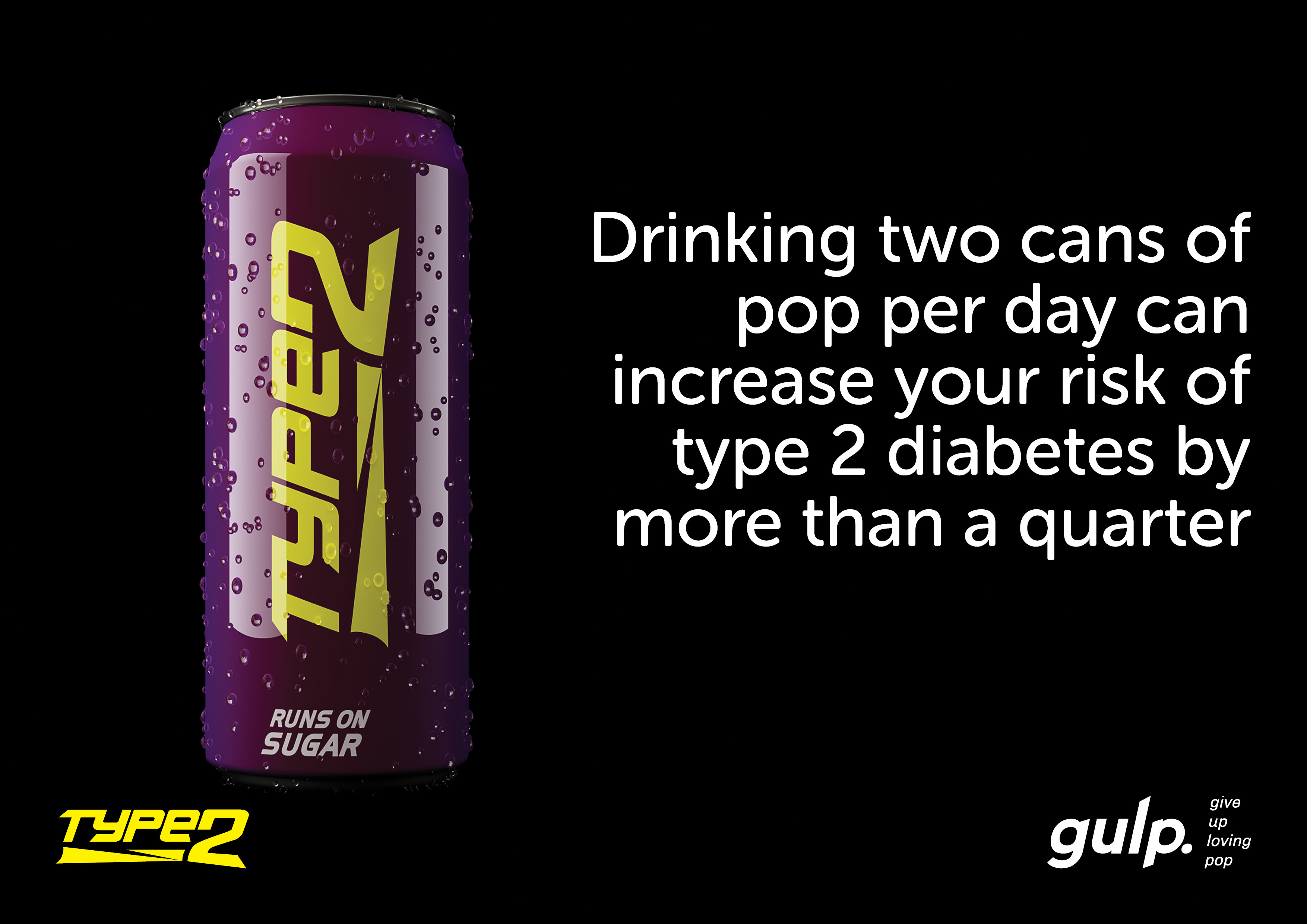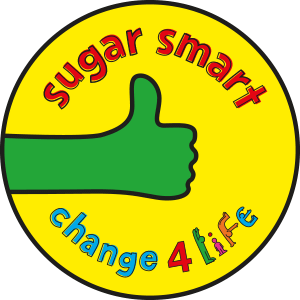A new campaign has been launched encouraging parents to get ‘Sugar Smart’ and take control of their children’s sugar intake.
The Change4Life campaign follows revelations that four-to-10 year olds consume an estimated 5,500 sugar cubes a year (22kg), weighing the same as an average five year old.
Currently, a third of children leaving primary school are overweight or obese. This means they are more likely to become obese adults who are more prone to a range of serious health problems, such as heart disease, some cancers and Type 2 diabetes. Nationally, there are now 2.5 milli0n people suffering from Type 2 diabetes, 90% of which are overweight or obese.
A new Sugar Smart app has been launched to help parents to see how much sugar there is in everyday food and drink. The free app works by scanning the barcode of products and revealing the amount of total sugar it contains in cubes and grams.
Change4Life has created an eye-opening short film, which warns parents about the health harms of eating and drinking too much sugar, including becoming overweight and tooth decay. The film brings to life the excessive amount of sugar consumed by the average child per year; currently three times more than the new maximum recommended daily amount.
The campaign reveals the sugar content of everyday food and drink; a 43g chocolate bar contains six cubes of sugar, a 200ml juice drink contains over five cubes and there are nine sugar cubes in a can of cola, instantly taking children up to or over their recommended maximum for the day.
Dr Alison Tedstone, chief nutritionist for Public Health England, said: ‘Children are having too much sugar, three times the maximum recommended amount. This can lead to painful tooth decay, weight gain and obesity, which can also affect children’s wellbeing as they are more likely to be bullied, have low-self esteem and miss school.’
‘Children aged five shouldn’t have more than 19 grams of sugar per day- that’s five cubes, but it’s very easy to have more. That’s why we want parents to be “Sugar Smart”. Our easy to use app will help parents see exactly where the sugar in their children’s diet is coming from, so they can make informed choices about what to cut down on.’
Singer and TV presenter Jamelia is supporting the campaign and starring in a series of Sugar Smart films from January, she says: ‘One of the trickiest challenges as a mum is trying to avoid sugar sneaking into my children’s diets. Supporting this new Change4Life campaign has opened my eyes to how much sugar is in the everyday food and drink we eat and drink. It’s so important to take control of the amount of sugar our kids are eating and act now. I’d recommend all parents download the Sugar Smart app to uncover sugar that’s in their everyday food and drink to make healthier choices when food shopping.”
Five million Sugar Smart packs will be given away to primary school children and their families via schools, local authorities and retailers. There will be 25 Change4Life Sugar Smart roadshows, taking place across the country from January to March. Five major supermarkets have also pledged to support the campaign through educating and helping customers to make healthier food choices when shopping.
You can download the Change4Life Sugar Smart app to find out how much sugar is in the food and drink your family consumes every day and search ‘Change4Life’ for lots of free support, tips, ideas and recipes.



